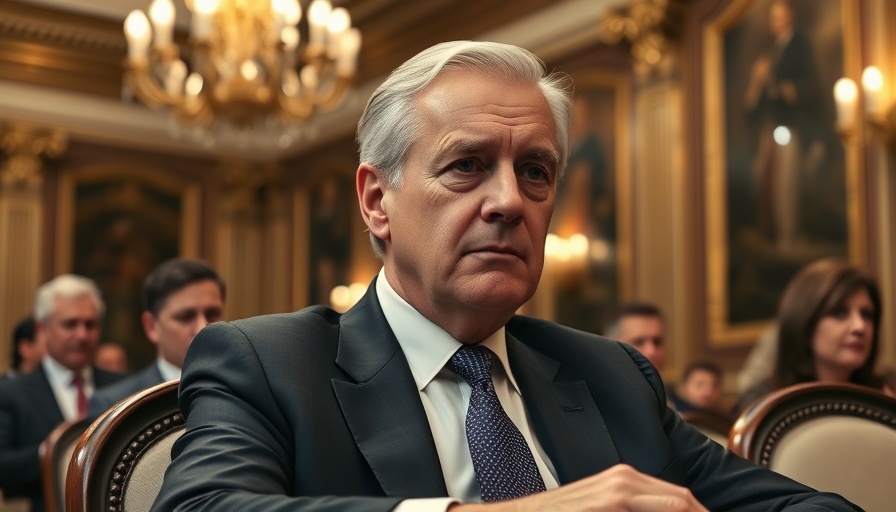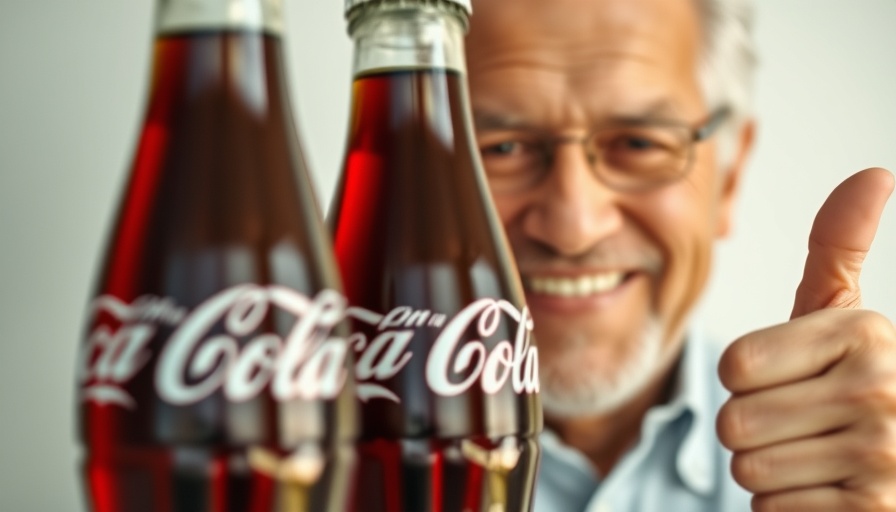
The Resurfacing Controversy: Robert F. Kennedy Jr. Under Fire
A recent clip showing Robert F. Kennedy Jr., the Secretary of Health and Human Services, being confronted for misstatements during a live CNN interview has gone viral, reigniting debates about the credibility of his "Make America Healthy Again" report. During the 2024 interview, anchor Kasie Hunt questioned Kennedy about his controversial stance on vaccines, where he adamantly denied having made claims about their safety. "I never said that," he insisted, only to be confronted with video evidence against him.
Fact-Checking the Claims: What’s True and What's Not?
Concerns surrounding Kennedy's credibility have amplified since the incident, particularly in light of his department's repeated citation of allegedly fabricated sources in their health report. Press Secretary Karoline Leavitt’s explanation of these discrepancies as "formatting issues" has done little to quell skepticism. This scenario raises critical questions: Is misinformation about public health being perpetuated, and who is accountable for it?
Vaccines and Public Health: A Complex Relationship
Kennedy, a long-time vaccine skeptic, made waves in the past by declaring vaccines unsafe. Despite advocating for a more cautious approach regarding the COVID vaccine for children and pregnant women, his stance contradicts the broader scientific consensus that emphasizes vaccination as safe and effective for these populations.
An Insightful Parallel: Other Leaders and their Health Statements
This situation is not unprecedented. Other figures in politics and health have faced backlash over public health statements that have ignited mistrust. For example, similar to Kennedy, former President Trump often made claims about COVID-19 treatments that ran counter to empirical research. These instances highlight the importance of accountability in communication about public health.
Future Implications: What Can We Expect?
As public confidence in health authorities dwindles, the potential for misinformation to influence public health policy increases. If figures like Kennedy continue to sway opinions and shape health narratives based on questionable evidence, what does this mean for the future of public health initiatives?
Decisions We Can Make: Protecting Our Health
In light of these revelations, it's vital for the public to critically assess the information they consume regarding health, particularly from influential figures. Engaging with reliable sources and seeking out peer-reviewed studies can empower individuals to make informed decisions about their health and well-being.
The Emotional Impact: Trust Erosion in Public Authorities
The pervasive misinformation and conflict around health implications can evoke feelings of betrayal and anxiety. Many individuals may feel uncertain about whom to trust, which can lead to hesitance in making health decisions. Restoring faith in public health messaging is essential for community well-being.
The resurfacing of RFK Jr.'s lies on television underscores a troubling trend where misinformation can breathe life into harmful narratives about public health. As the discussion unfolds, it's a reminder for everyone to engage critically with health communication—especially in an era where misinformation can spread rapidly through social channels.
 Add Row
Add Row  Add
Add 




Write A Comment